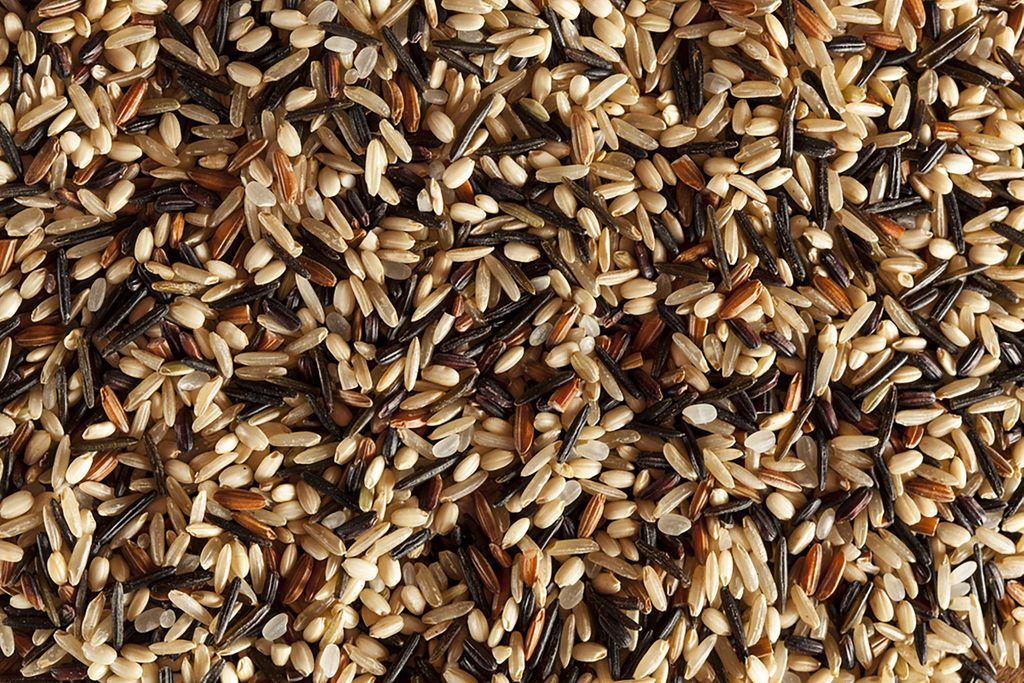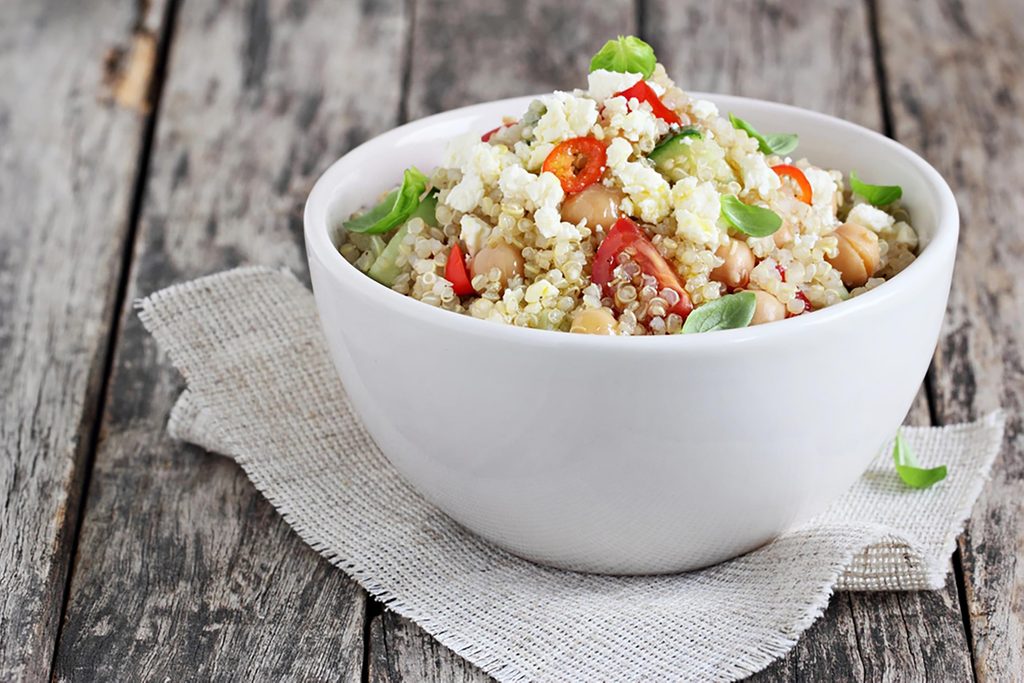If You Want to Avoid Heart Disease, Don’t Even Think of Going Gluten-Free
Updated: May 12, 2017
Before you opt for a gluten-free diet, make sure you’re not doing more harm than good — especially to your heart.
 For someone with celiac disease, a gluten-free diet isn’t a choice; it’s a necessity. But many non-celiacs choose to cut out gluten, citing a wide range of benefits, such as improved cardiovascular health. However, two new studies conclude that a gluten-free diet won’t help protect against heart disease. (By the way, if you think you might have celiac disease, here are the symptoms to look for.)
For someone with celiac disease, a gluten-free diet isn’t a choice; it’s a necessity. But many non-celiacs choose to cut out gluten, citing a wide range of benefits, such as improved cardiovascular health. However, two new studies conclude that a gluten-free diet won’t help protect against heart disease. (By the way, if you think you might have celiac disease, here are the symptoms to look for.)
Researchers, including Andrew T. Chan, MD, of Massachusetts General Hospital and Harvard Medical School, and Peter H.R. Green, MD, of the Celiac Disease Center at Columbia University in New York City, studied 64,714 women in the Nurses’ Health Study, and 45,303 men in the Health Professionals Follow-up Study. All participants completed a food frequency questionnaire in 1986 that was updated every four years through 2010. Patients were followed until the development of coronary heart disease, death, or the end of follow-up in 2012. The researchers based the quantity of gluten consumed by each participant on the protein content of wheat, rye, and barley, and then divided the participants into fifths of estimated gluten consumption, according to energy-adjusted grams of gluten per day.
 The study, published in The British Medical Journal, concluded that gluten-free diets should not be promoted for coronary heart disease prevention. “Doctors and nutritionists should counsel their patients that restricting gluten may not be beneficial for one’s heart health and should not be considered an alternative to eating a balanced diet high in whole grains,” says Chan, as reported on MedPageToday. “This is yet another reason why a gluten-free diet is not advised unless one has celiac disease or definite symptoms related to gluten intake (wheat allergy or gluten sensitivity),” adds Green.
The study, published in The British Medical Journal, concluded that gluten-free diets should not be promoted for coronary heart disease prevention. “Doctors and nutritionists should counsel their patients that restricting gluten may not be beneficial for one’s heart health and should not be considered an alternative to eating a balanced diet high in whole grains,” says Chan, as reported on MedPageToday. “This is yet another reason why a gluten-free diet is not advised unless one has celiac disease or definite symptoms related to gluten intake (wheat allergy or gluten sensitivity),” adds Green.
While a gluten free diet can work for many people, celiac or not, it doesn’t come without risks. The biggest is simply missing out on a healthy, well-balanced diet that includes foods like whole grains, which have important nutrients like fiber, iron, zinc, folate, niacin, thiamine, riboflavin, calcium, vitamin B12 and phosphorus. What’s more, refined foods processed to earn a gluten-free label (e.g. pastries, energy bars, etc. made with potato starch or rice starch) are also often higher in calories than their gluten-containing alternatives. (Check out what else besides gluten might be making you sick.)
 The amount of grains you need each day for optimum heart health depends on your age, gender, and calorie needs, according to The American Heart Association. Current guidelines recommend six servings of grains per day for a 1,600 calorie diet, and six to eight servings per day for a 2,000 calorie diet. Examples of one serving include one slice of bread, 1 ounce of dry cereal, five whole-grain crackers, three cups of unsalted, air-popped popcorn, and a half-cup of cooked rice, pasta, or cereal. At least half of your grains should be whole grains—such as whole wheat, oats, rye, barley, corn, popcorn, brown rice, wild rice, buckwheat, millet, and quinoa.
The amount of grains you need each day for optimum heart health depends on your age, gender, and calorie needs, according to The American Heart Association. Current guidelines recommend six servings of grains per day for a 1,600 calorie diet, and six to eight servings per day for a 2,000 calorie diet. Examples of one serving include one slice of bread, 1 ounce of dry cereal, five whole-grain crackers, three cups of unsalted, air-popped popcorn, and a half-cup of cooked rice, pasta, or cereal. At least half of your grains should be whole grains—such as whole wheat, oats, rye, barley, corn, popcorn, brown rice, wild rice, buckwheat, millet, and quinoa.
Here are more tips on how to prevent heart disease (without going gluten free).